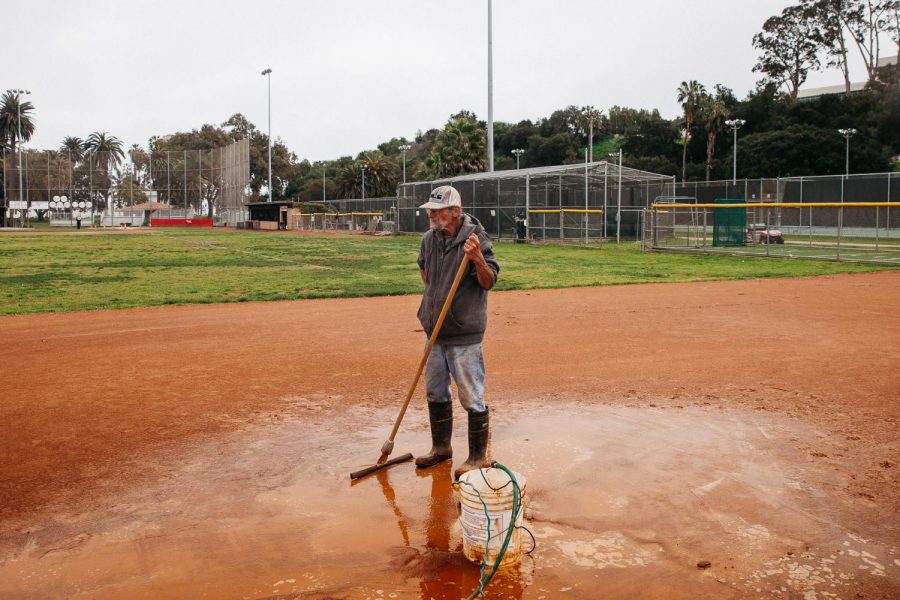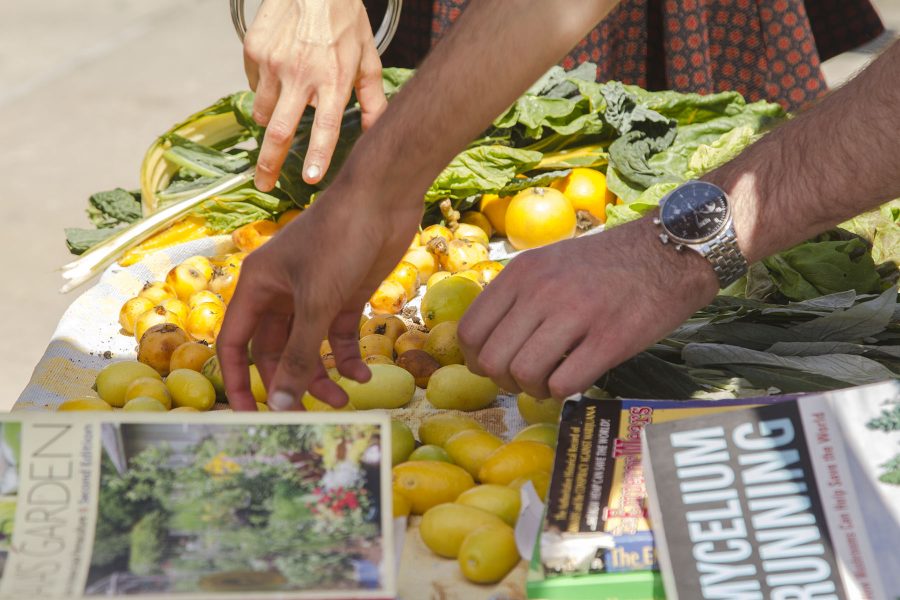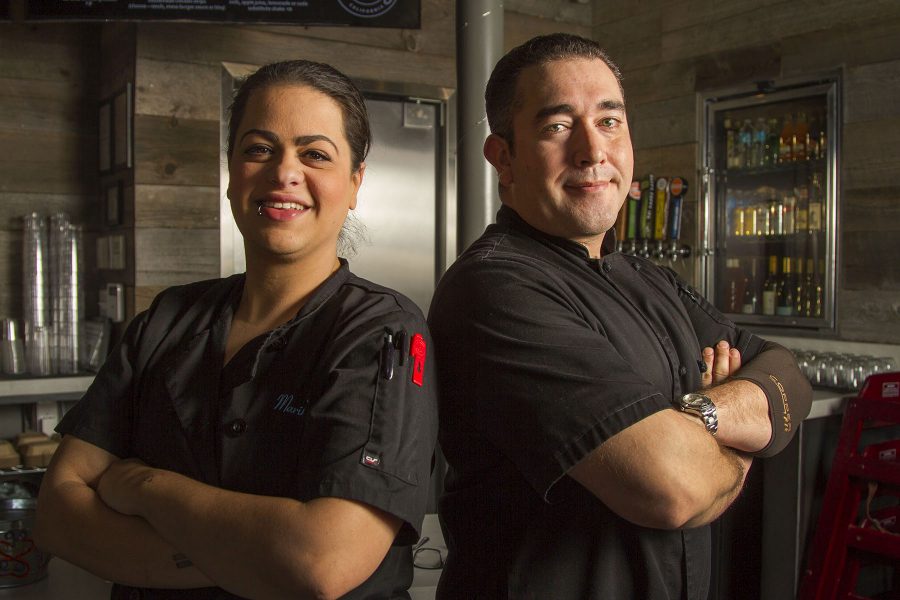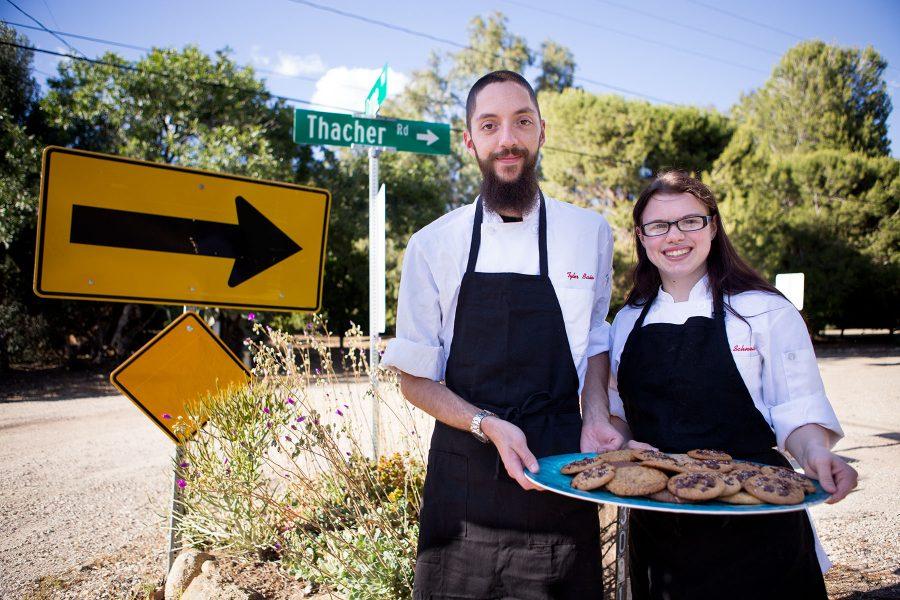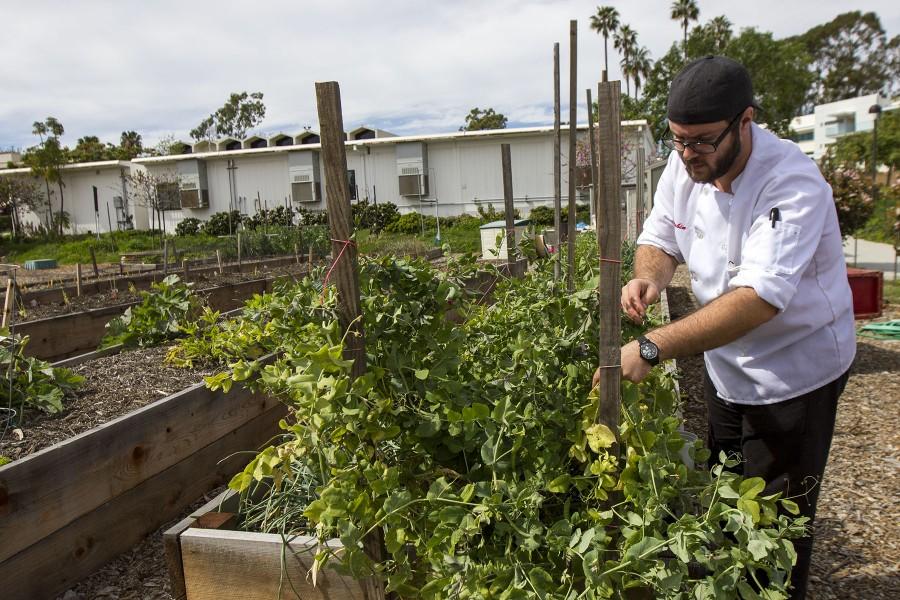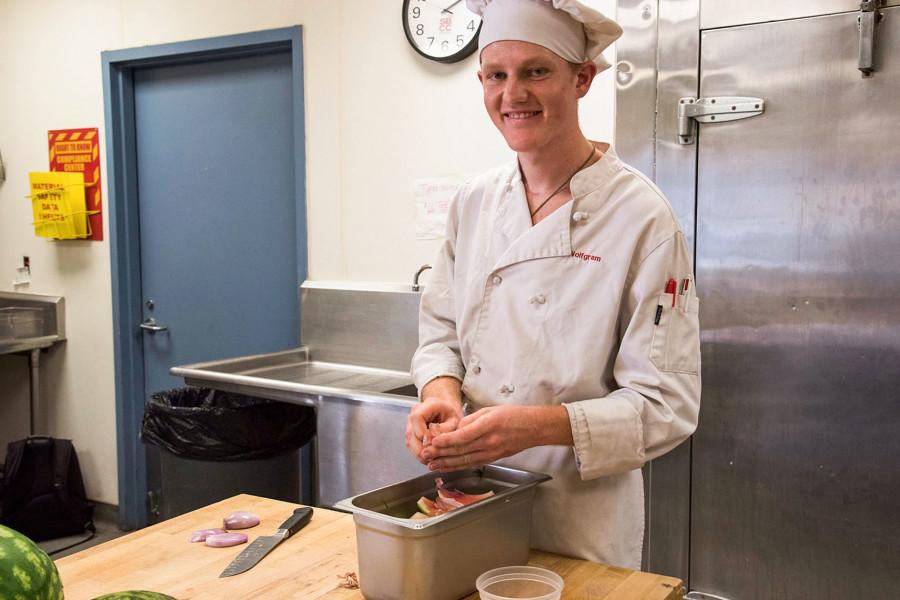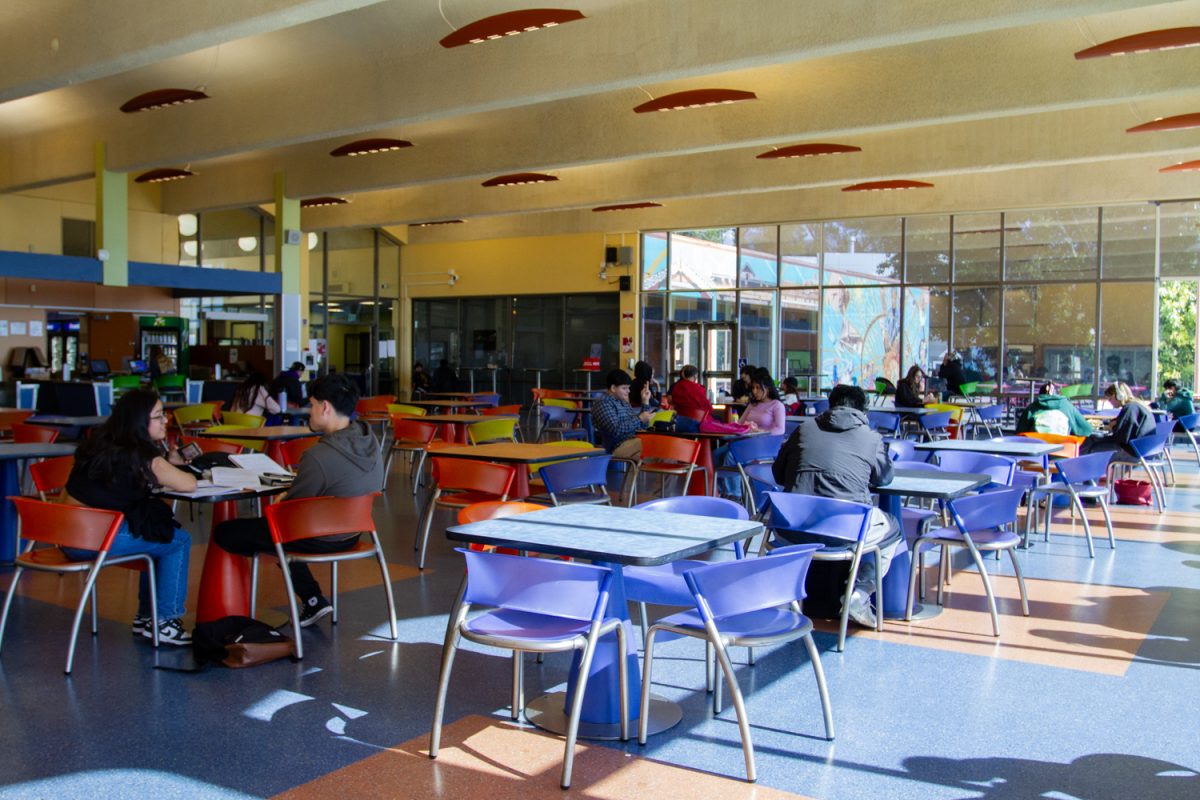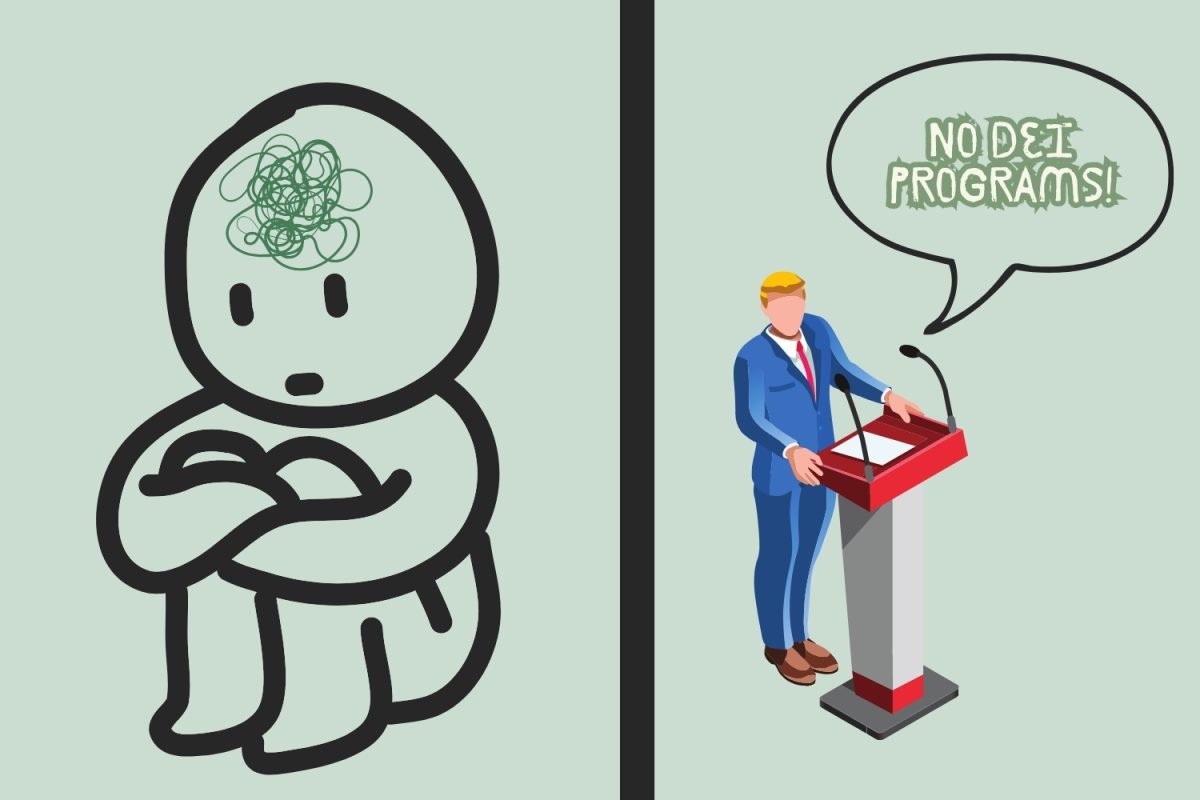I’m inside throwing out 20 pounds of packaged food with dozens of starving homeless people camping outside of Ralph’s.
This is typical protocol for our kiosk. At the end of every day the leftover pastries and sandwiches are counted and tossed. More than half of the “waste” is untouched and still wrapped, but just one day too old.
Despite Starbucks’ recent commitment to donate all of the food that isn’t sold, I am sure we aren’t the only kiosk trashing their perishables at the end of the day.
Employees have protested for the right to donate the food to charities or hand it out to the people outside, but that’s not what we are told to do. We can’t do anything because it if we take it upon ourselves to hand out the food it can be considered stealing.
There are thousands of similar cases where edible food is being thrown in the trash in the United States alone.
According to the The New York Times, 60 million metric tons of food is wasted every year in the United States. That is the equivalent to $165 billion being thrown into the trash.
On top of that, one-third of the food produced worldwide is not consumed. We end up feeding our landfills more than we feed human mouths.
All of that food being thrown out would be enough to feed the millions that are starving, but that’s easier said than done. By the time the food has to be thrown out, it isn’t considered safe enough for consumption.
It also isn’t considered fair to sell the unsafe food throughout the day to people who can afford it and hand it out once it’s time to close.
Some food retailers have taken small steps such as taking that waste and creating compost, so it goes back to the farms. But even that isn’t the answer we need.
“When we waste food, we waste all of the resources it takes to bring it to our plates—from money to farmland, energy and water,” said Dana Gunders, Natural Resources Defense Council senior scientist, in a statement to Time.
There is a solution that The Guardian mentions, which is to better manage our food usage and production.
This is done by cutting back on the over abundant amount of crops that flood the lands, and facing head on the problem of overproduction before it is created. Though it can be a challenge, we can also work on distributing excess food to the hungry and consequently taking on world hunger issues.
Numerous research projects say this may be the answer, yet nobody’s taking any noticeable steps towards making it happen.
But hey, in the end this is America after all and we Americans are known for being extravagant and wasteful.
So why not live up to all the hype around us?


